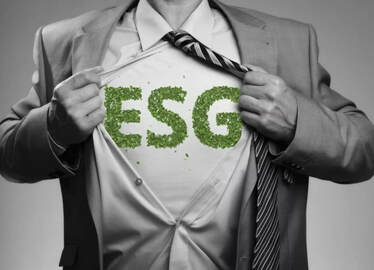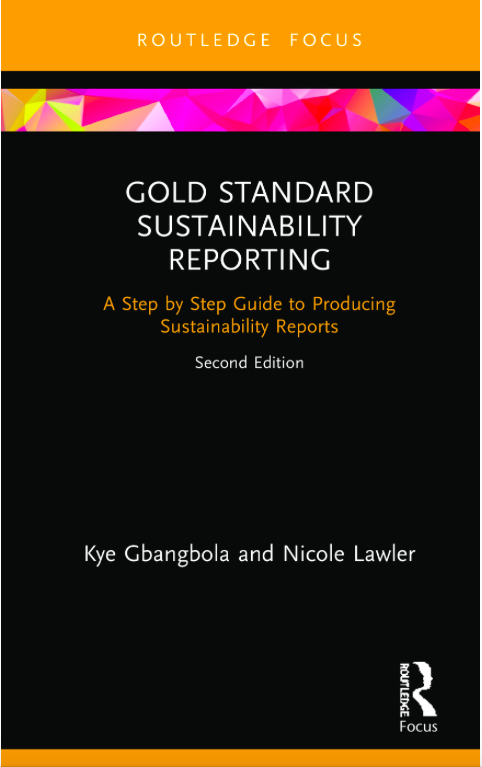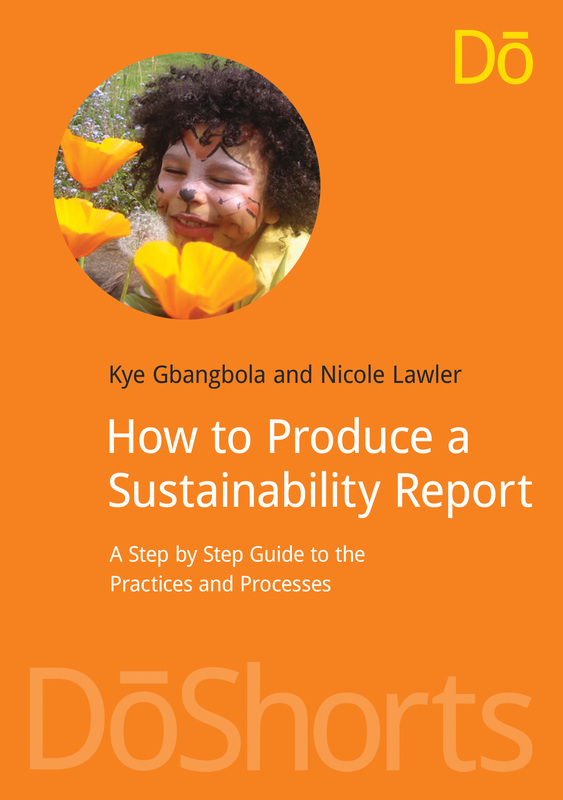An organisation’s environmental, social and governance (ESG) reporting processes are vital public documents that frame its sustainability intentions, purpose and performance. When it comes to accounting for known risks and impacts, reporting clarifies what an organisation’s responsibilities to the global sustainability and climate crisis are.
KPMG’s Global Survey of Sustainability Reporting 2022 polled 5,800 companies in 58 countries. It found that many reports are poor, failing in process and substance, and lack responses to the UN’s Sustainable Development Goals (SDGs) and other emerging issues and risks, despite reporting being the most important area of work for chief executives and boards alike.
A fair exchange
More than 50 stock exchanges worldwide now require an organisation to have a sustainability report to be listed. Of the Fortune Global 500 in the Americas, 75% report using Global Reporting Initiative (GRI) guidelines. In the G250 – the 250 largest companies listed in the Fortune Global 500 – 96% of companies report on their sustainability performance.
ESG affects everyone, is everyone’s responsibility, and has become a unifying factor in the activities and relationships needed for organisations to thrive. Companies not reporting may find themselves left behind or out of business, because they are unable to demonstrate their capacity to operate sustainably to investors, clients, customers, peers and other stakeholders.
The rewards for sustainability reporting include improved reputation, income, profit, share price, staff retention, credibility, brand recognition for contributions to solving the crisis and reduced costs.
A sustainability report should be a concise, accurate and disciplined corporate document, clearly showing where the organisation creates value.
Some professional institutions with global memberships offer sustainability leadership courses. The Chartered Institute of Building (CIOB), for example, has a course on UN Sustainable Development Goals for Construction. CIOB president Michael Yam says: “As the world’s largest body for construction, CIOB is in a position to bring about positive change to the sustainability agenda.” I am pleased to say that he speaks for the heads of many professional institutions.
Knowledge and reporting of SDGs is a gateway to future funding and investment support opportunities. So it is imperative that professionals improve their sustainability capital through practical, interactive training.
“ESG is far from a passing phase – it is at the heart of how better organisations do business."Ways of reporting
There are a number of globally compliant reporting methodologies that investors, governments and stock exchanges reference, including the OECD Guidelines for Multinational Enterprises, the UN Guiding Principles on Business and Human Rights, and the UN Global Compact. There is also the Task Force on Climate-Related Financial Disclosures and the Carbon Disclosure Project, as well as the International Integrated Reporting Council and the Sustainability Accounting Standards Board, which now form the Value Reporting Foundation as part of the IFRS Foundation. However, GRI, by a considerable distance, is the recognised gold standard.
The GRI Universal Standards 2021 wraps its arms around the other main standards and achieves alignment through formal ‘linkage’ documents. By aligning numerators, denominators and metrics with other standards, GRI disclosures and data are transferable for direct use in other standards. GRI also links with the UN SDGs and the EU Non-Financial Reporting Directive, which evolved into the EU Corporate Sustainability Reporting Directive.
ESG is far from a passing phase – it is at the heart of how better organisations, in every sector, do business. ESG is enshrined in their very purpose and values, and these are reinforced by international and national laws and regulations.
Kye Gbangbola MBA, FCIOB, FIEMA, LCSAP, CEnv, is founder of Total eco Management
















 RSS Feed
RSS Feed
